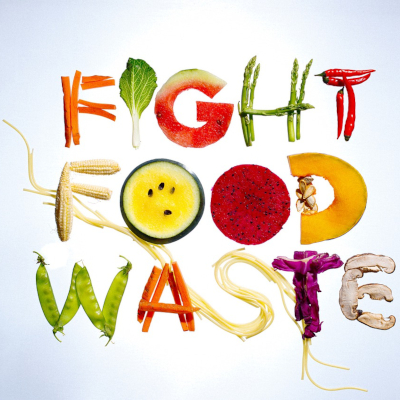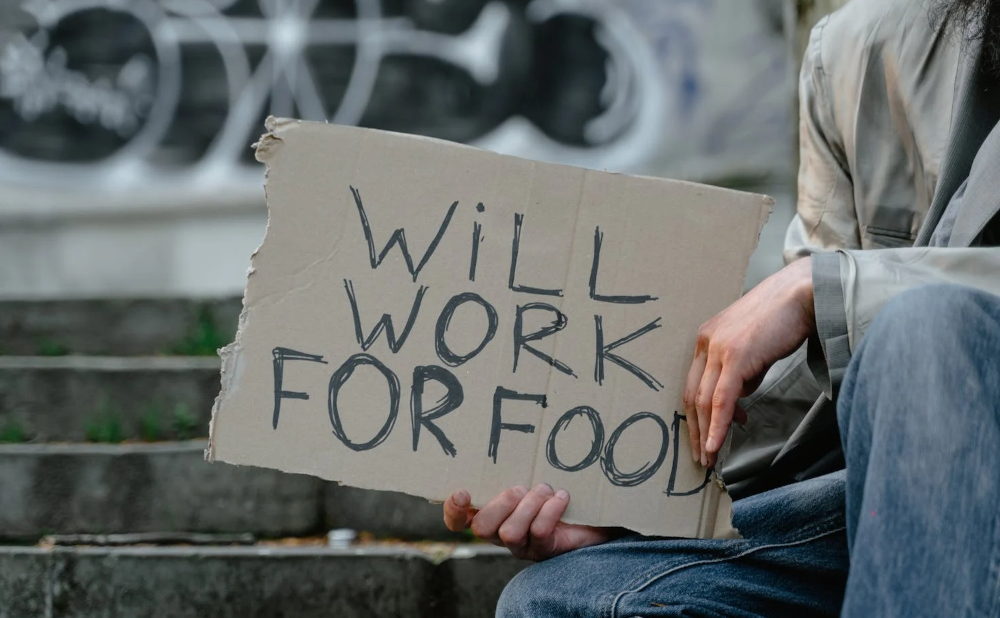Why food establishments cannot give unsold food to the homeless people at the end of the night? |
 Mystery
Mystery
While the intention behind donating food is noble, businesses are often concerned about potential liability if any harm comes to individuals consuming the donated food. In some cases, food may spoil or become contaminated, leading to food poisoning or other health risks. To mitigate these risks, businesses must follow strict guidelines for food safety, including storage and transportation conditions. Unfortunately, these guidelines can be difficult to comply with when donating unsold food in bulk.
Running a successful food establishment requires careful planning and management of resources. Unsold food must be disposed of properly to maintain the hygiene and quality standards of the establishment. Donating large amounts of unsold food on a regular basis can put a strain on resources such as staff, transportation, and storage. Food establishments need to prioritize their core operations and may not have the necessary capacity to handle the logistics involved in donating unsold food.
To handle and distribute large quantities of food, organizations need adequate facilities and equipment. They require refrigeration systems to store perishable items, vehicles for transportation, and a network of volunteers to ensure the smooth operation of the donation process. Without a proper infrastructure in place, food establishments may find it challenging to safely and efficiently donate unsold food to the homeless.
While direct donations may present challenges, there are alternative solutions that food establishments can explore to address food waste and help the homeless community. One such solution is to collaborate with local food banks or nonprofits specialized in food rescue. These organizations have the expertise and infrastructure to handle the logistics involved in collecting, storing, and distributing surplus food. By forming partnerships with these organizations, food establishments can ensure that their unsold food reaches those in need without compromising on legal compliance and resource allocation.
While it may seem frustrating that food establishments cannot give unsold food to the homeless at the end of the night, it is essential to consider the challenges they face. Legal implications, resource constraints, and lack of infrastructure hinder their ability to donate food directly. However, by partnering with local food banks and nonprofits, they can make a significant impact in reducing food waste and helping the homeless community. It is crucial for businesses, organizations, and individuals to work together and find creative solutions to ensure that no one goes hungry while upholding food safety standards and legal requirements.
Thank you for visiting us. Please visit us again. You are always welcome.
AND:
Remember! At SurfSideSafe, we are here to make your life much better.
Join SurfSideSafeCreating an account with SurfSideSafe is very easy.In a few minutes, you will have the best Social Media experience you have ever had in your life.  |

A calmer, safer, easier place to connect

Creating an account with SurfSideSafe is very easy.
In a few minutes, you will have the best Social Media experience you have ever had in your life.
